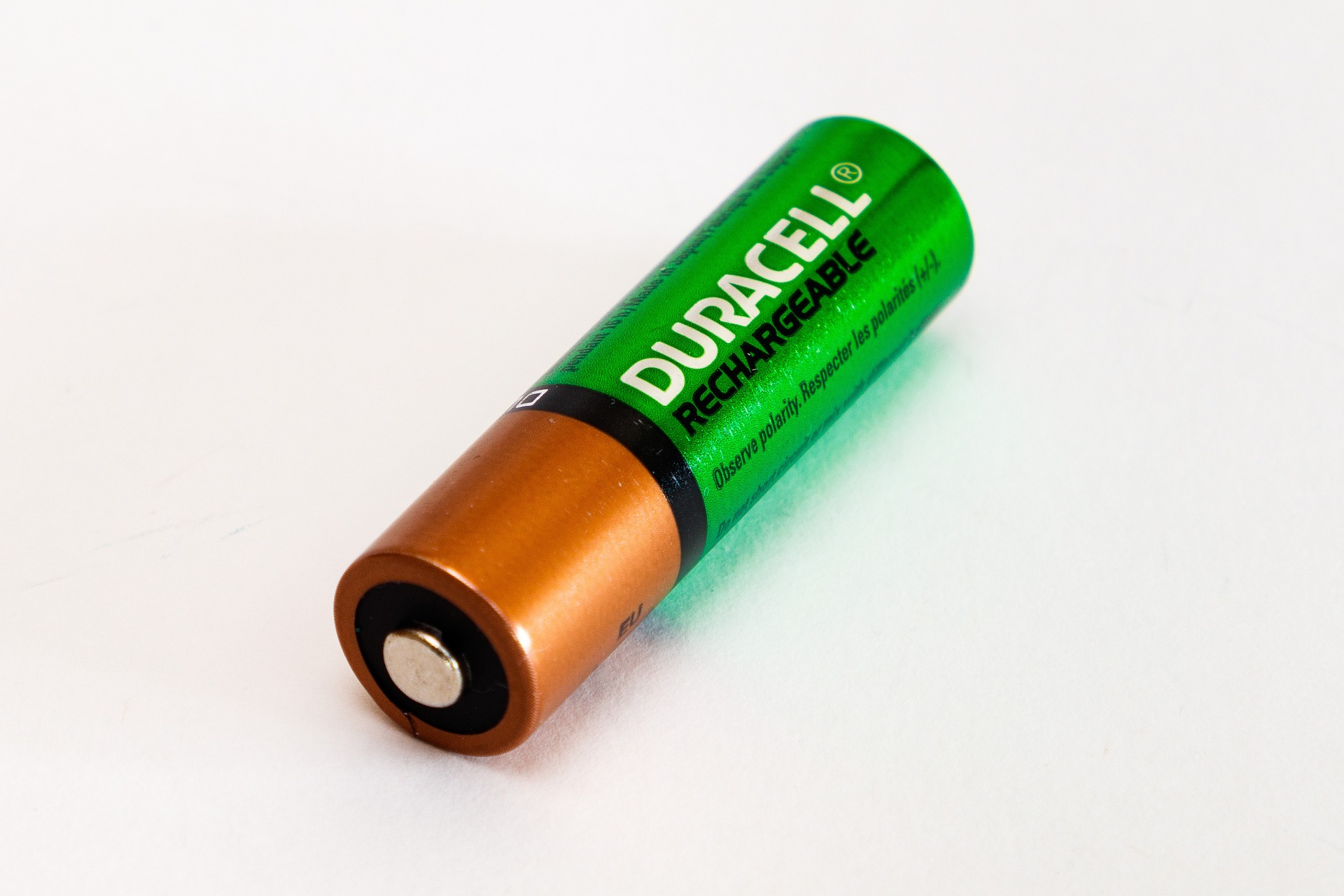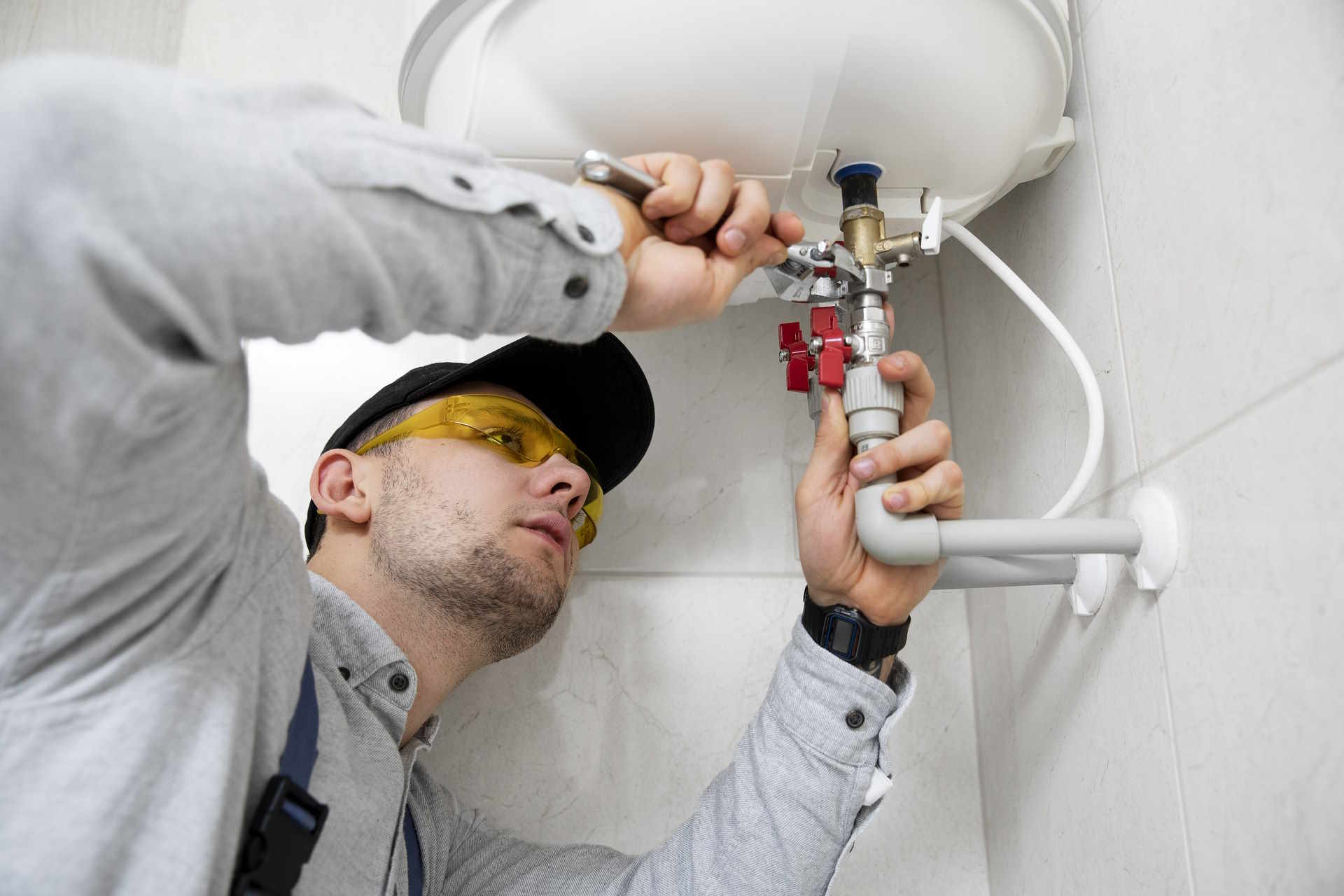Generators
In an era where power outages can disrupt our daily lives and business operations, generators have become essential backup power sources. This comprehensive guide will explore everything you need to know about generators, from types and installation to maintenance and finding affordable options.

What are generators and how do they work?
Generators are machines that convert mechanical energy into electrical energy. They typically use fuel sources like gasoline, diesel, propane, or natural gas to power an engine, which in turn spins an alternator to produce electricity. This process allows generators to provide power during outages or in locations where grid electricity is unavailable.
What are the different types of generators available?
There are several types of generators to choose from, each suited for different applications:
-
Portable generators: These are smaller, movable units ideal for camping, outdoor events, or temporary power needs.
-
Standby generators: Larger, permanently installed units that automatically kick in during power outages, providing seamless backup power for homes or businesses.
-
Inverter generators: Known for their clean, stable power output, these are perfect for sensitive electronics and appliances.
-
Solar generators: Environmentally friendly options that harness solar energy to produce electricity, often used in remote locations or for off-grid living.
-
Whole-house generators: Powerful units designed to power an entire home during extended outages.
How do I choose the right generator for my needs?
Selecting the appropriate generator depends on several factors:
-
Power requirements: Calculate the total wattage of appliances and devices you need to run simultaneously.
-
Fuel type: Consider availability, cost, and storage requirements of different fuel sources.
-
Portability vs. permanent installation: Determine if you need a mobile solution or a fixed backup power system.
-
Noise levels: If noise is a concern, look for quieter models or those with sound-dampening features.
-
Budget: Balance your power needs with your financial constraints.
-
Intended use: Consider whether you need a generator for occasional use, emergency backup, or continuous power supply.
What should I know about generator installation?
Proper generator installation is crucial for safety and optimal performance. Here are key points to consider:
-
Location: Install generators outdoors in well-ventilated areas, away from windows and doors to prevent carbon monoxide buildup.
-
Permits: Check local regulations and obtain necessary permits before installation.
-
Professional installation: For standby and whole-house generators, hire a licensed electrician for proper wiring and connection to your home’s electrical system.
-
Transfer switch: Install a transfer switch to safely connect the generator to your home’s electrical panel and prevent backfeeding into utility lines.
-
Fuel line installation: For natural gas or propane-powered generators, ensure proper fuel line connections by a certified professional.
What are some tips for generator maintenance and safety?
Regular maintenance and safety precautions are essential for reliable generator operation:
-
Follow the manufacturer’s maintenance schedule for oil changes, filter replacements, and general upkeep.
-
Run the generator periodically to ensure it’s ready when needed.
-
Store fuel properly and use fuel stabilizers for long-term storage.
-
Keep the generator dry and protected from the elements when not in use.
-
Never operate generators indoors or in enclosed spaces due to carbon monoxide risk.
-
Use proper extension cords rated for outdoor use and the generator’s output.
-
Allow the generator to cool down before refueling to prevent fire hazards.
How can I find affordable generators and compare options?
To find affordable generators and compare different options:
-
Research online: Use reputable websites and consumer review platforms to compare features and prices.
-
Visit local home improvement stores: Many offer a range of generators and can provide expert advice.
-
Consider refurbished or open-box units: These can offer significant savings on quality generators.
-
Look for sales and promotions: Generators often go on sale during hurricane season or before winter storms.
-
Compare total cost of ownership: Factor in fuel efficiency, maintenance costs, and longevity when assessing affordability.
| Generator Model | Type | Power Output | Fuel Type | Estimated Price |
|---|---|---|---|---|
| Generac GP3000i | Inverter | 3000W | Gasoline | $799 - $899 |
| Champion 100519 | Dual Fuel | 7500W | Propane/Gasoline | $999 - $1,199 |
| DuroMax XP12000EH | Dual Fuel | 12000W | Propane/Gasoline | $1,299 - $1,499 |
| Westinghouse WGen7500 | Portable | 7500W | Gasoline | $849 - $999 |
| Briggs & Stratton 40531 | Standby | 10000W | Propane/Natural Gas | $2,999 - $3,499 |
Prices, rates, or cost estimates mentioned in this article are based on the latest available information but may change over time. Independent research is advised before making financial decisions.
Generators provide essential power backup for various situations, from camping trips to whole-house emergency power. By understanding the types available, installation requirements, maintenance needs, and how to find affordable options, you can make an informed decision to ensure you have reliable power when you need it most. Remember to prioritize safety and consult professionals for complex installations to guarantee optimal performance and longevity of your generator.




